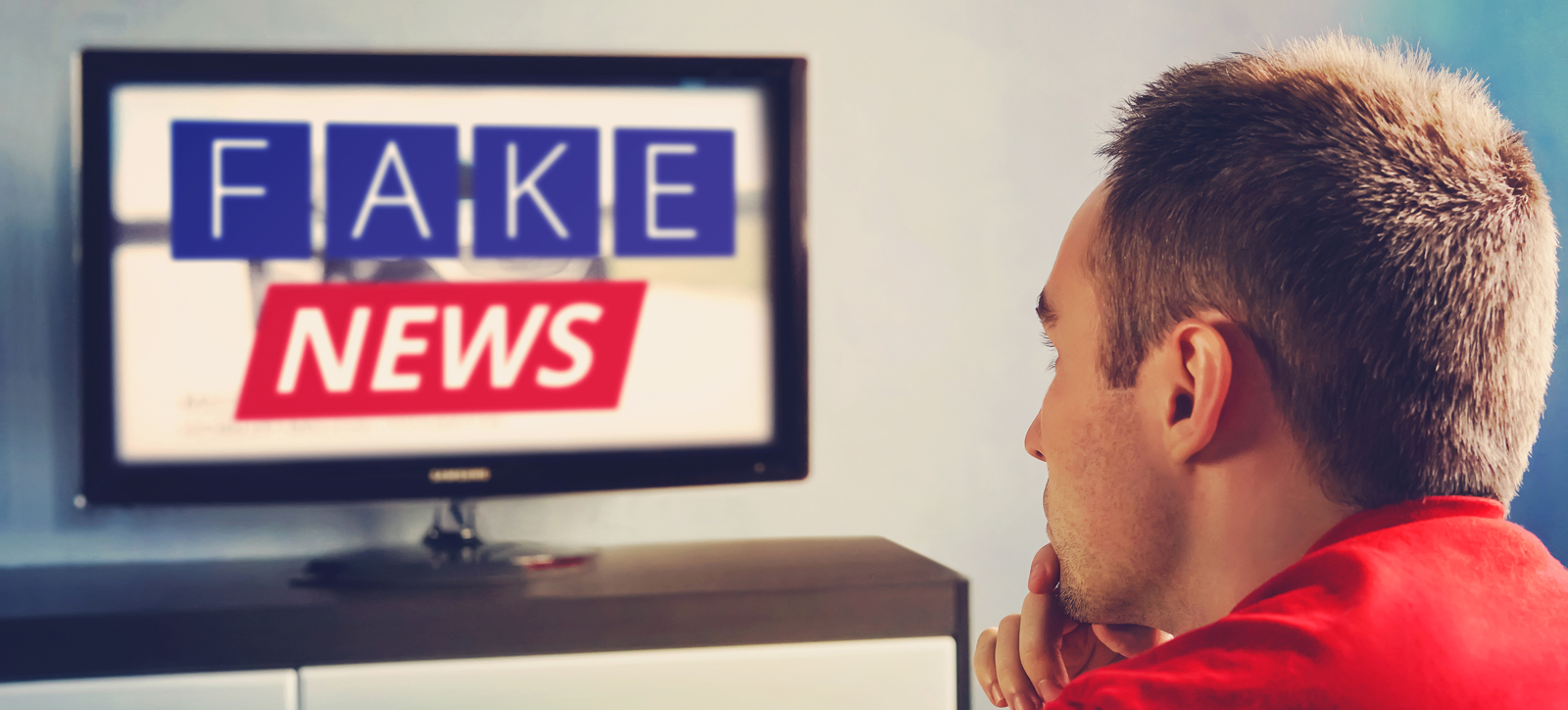
- Ipsos MORI boss reveals trust in brands is increasingly important
- But trust in white middle-aged men in suits at all time low
- Environment and social responsibility most important things for staff
- Desire to tackle climate change unites the plant, says Ben Page
Ipsos MORI may be best known for its political polls during the run up to a General Election, but that is only a tiny part of its business.
Far more of its time and resources are devoted to conducting market research for a wide range of major organisations. It is an industry where trust is key.
Ben Page, CEO, shared his insights on the value of trust as part of distinguished lecture at WBS London at The Shard.
“Despite all the focus on fake news and social media, trust has not been eroded as far as people might think," said Mr Page.
“There is certainly less deference to the white guy in a suit. At the end of the Second World War, more than 60 per cent of the public thought men like me knew best. Now that figure is down to 20 per cent.
“Yet the only profession trusted less now than it was in 1982 is the clergy. Trust in banks and bankers suffered a wobble after the economic crash, but it has recovered. Now 41 per cent trust bankers to tell the truth.
“And in many countries business is more trusted than government.”
In fact, six out of 10 people say that finding brands they trust is more important than ever. It is no wonder brands spend hundreds of millions of pounds on advertising every year.
“Trust clearly does matter, but it is a very complex thing. Take Ryanair, for example. Do I trust [Ryanair CEO] Michael O’Leary to have my best interests at heart and really look after me?
“Maybe not, but do I trust him to get me from A to B? Yes, the company’s record speaks for itself.
“He does a great job of managing down expectations, suggesting that he is going to make passengers sit on bicycle seats or pay to use the toilet. When they arrive and find they don’t have to do that, they are more inclined to think, this is actually all right.”
How customers decide which companies to trust
Customers ask themselves a wide range of questions when deciding how much they trust a company.
These range from simple questions about the quality of the service they provide. Does the business do what it says it will? Is it good at what it does? Is it open and transparent?
But increasingly customers are asking questions that hold firms to a higher standard. Does the company act with the best intentions? Does it share my values? Would it take advantage of me if it could?
While companies may only focus on two or three of these, all have a statistically significant correlation with a company’s reputation and the level of trust it commands.
Mr Page added: “We know millennials will look at a company’s environmental and social commitments, both as employees and consumers.
“Yes products have to work, but the environment and social responsibility are now way ahead of profitability and efficiency as priorities for many people. Businesses are going to have to change.
“People are increasingly looking to businesses to take the lead, more than the public and more even than governments.
“The thing that unites the planet is a belief in climate change and desire to do something about it. We asked people in 33 countries what they thought. The single most unifying theme was climate change. More than the role of democracy, whether religion is important, or capitalism is good.
“Where a brand like Starbucks does something like removing plastic straws, we see a big increase in young support. The Gillette advert about toxic masculinity might have had a polarising effect, but it did really well with its target audience.
“But if you are going to stand up for something, you have to be serious about it. You have to make sure you actually deliver. If you say one thing and do another, you will end up in Private Eye.”
For more articles like this download Core magazine here.




 X
X Facebook
Facebook LinkedIn
LinkedIn YouTube
YouTube Instagram
Instagram Tiktok
Tiktok